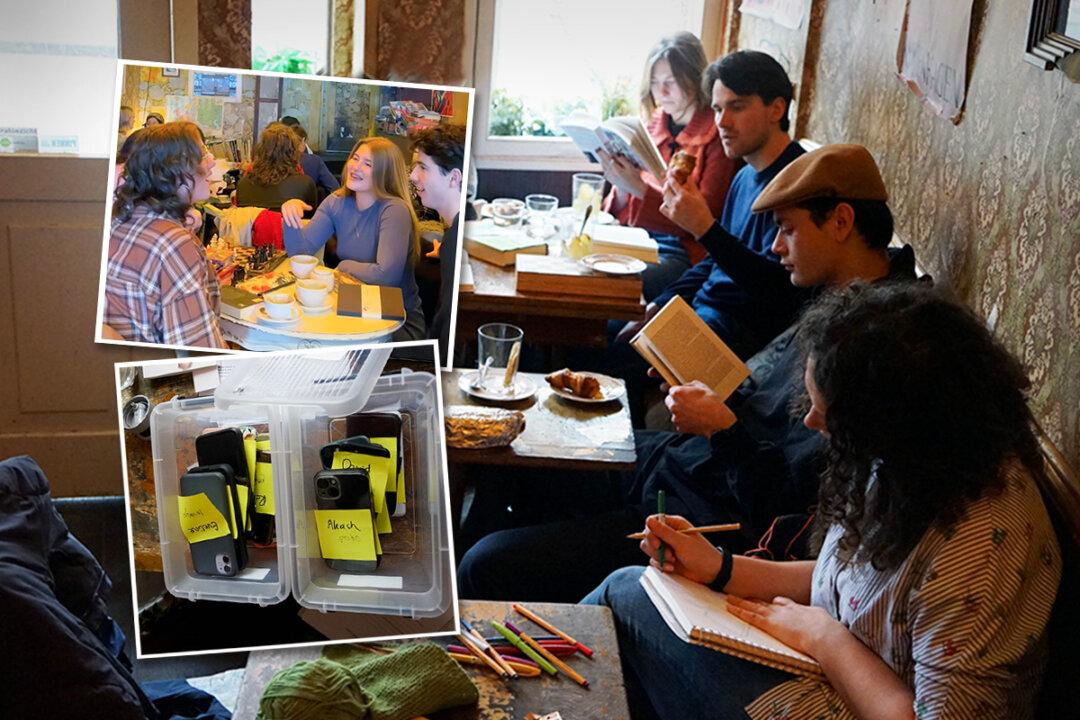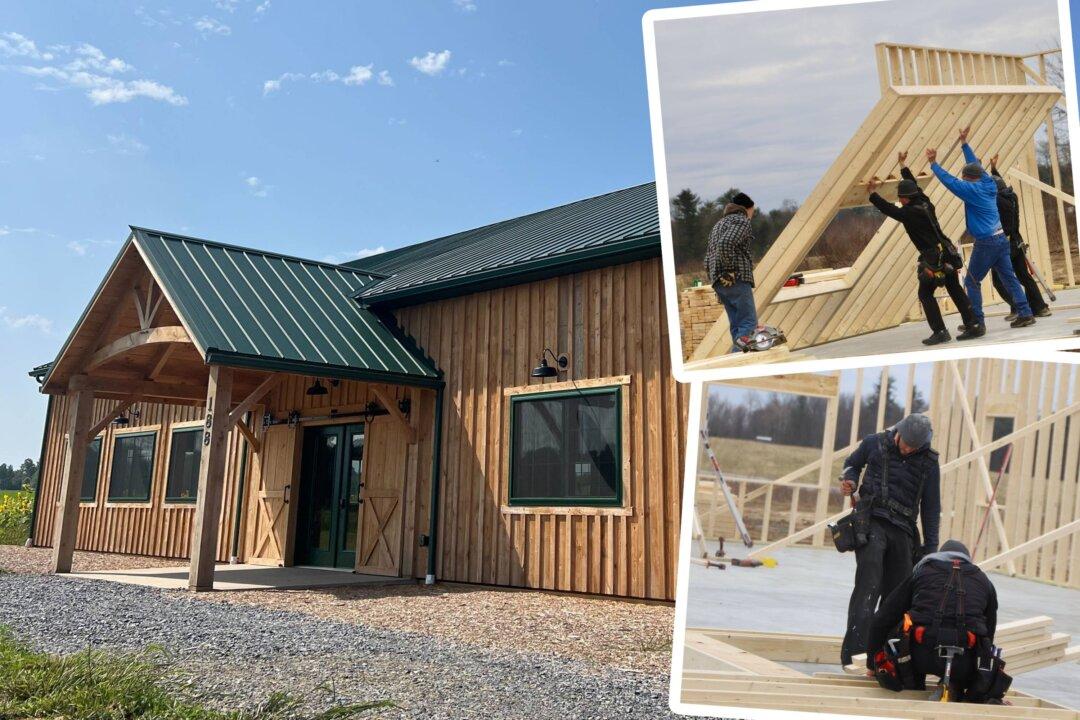“Swap screen time for real time.”
So reads the slogan of the Offline Club, a company based in the Netherlands that promotes offline human connection. The founders of the club are three Generation Z friends: Ilya Kneppelhout, 27, Valentijn Klok, 27, and Jordy van Bennekom, 28.






